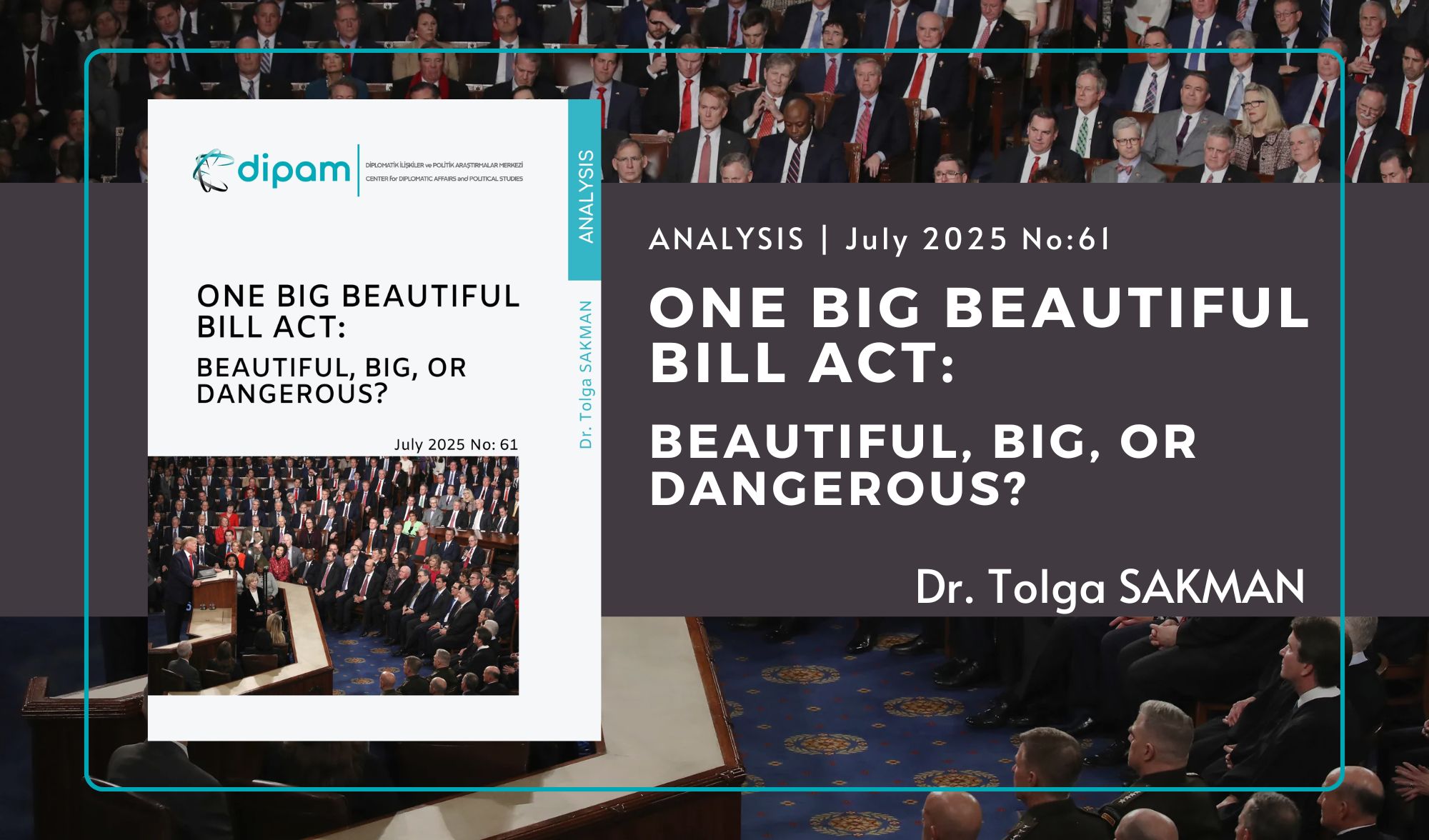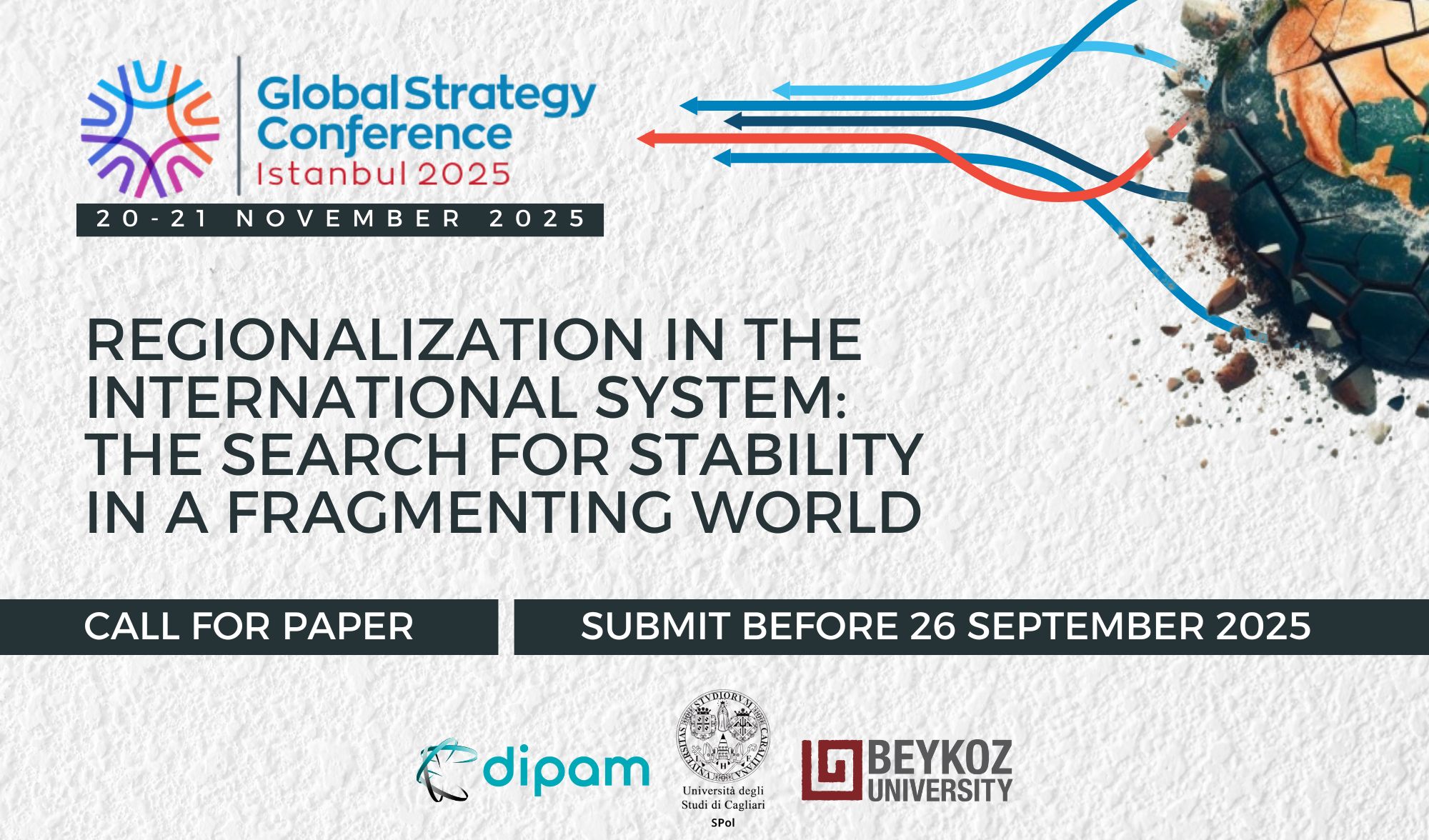US politics is in turmoil with the One Big Beautiful Bill Act (OBBBA). Passed by the House of Representatives on May 22, 2025, with a narrow vote of 215–214; and passed by the Senate on July 01, 2025, with a narrow vote of 51-50 (with the vote of Vice-President James David Vance as the Chair of Senate) this nearly 1,000-page legislative package is unprecedented in both scope and potential impact. With extensive tax cuts, reductions in social programs, and harsh measures in defense and immigration, the bill has become a defining political instrument in both domestic and foreign affairs.
The bill currently awaits President Donald Trump’s final approval to become law. If enacted, it could trigger a series of changes whose effects will resonate in American domestic politics and globally for years.
Background: What Is It and Why Now?
The roots of this bill trace back to the Trump tax reform of 2017, which implemented significant tax cuts for individuals and corporations. However, most of those cuts were temporary. This new bill aims to make them permanent.
But the issue is not just about taxes. Although this massive bill initially resembles an economic stimulus package, a closer examination reveals a far more extensive and politically layered text. Rather than being a mere budgetary reform, it appears designed to legislate a specific worldview—commonly known as Trumpism or the MAGA ideology. In this sense, it should be understood not as a technical reform, but as an ideological project aimed at permeating the very fabric of the system.
This legislative package contains proposals not only related to economic tools, but also concerning the role of the state, the redefinition of society, and the boundaries of citizenship rights. Criminalizing immigration, limiting social welfare programs to so-called “deserving” Americans, and restructuring environmental policies according to market priorities are not arbitrary choices. Each reflects a distinct political vision—one that favors a strong state, a weak welfare system, restricted citizenship, and economic nationalism.
What we have, then, is not a budget text buried in technical detail, but a comprehensive proposition about how the state-society relationship should function. In key areas like education, health, environment, defense, immigration, and energy, the approach seeks to scale back state responsibility and transfer authority to individual initiatives, local governments, or the private sector.
Thus, this bill stands out not only for its significance in US domestic politics, but also as a key example in the broader discussion on the trajectory of liberal democracies, the future of the welfare state, and the redefinition of the state’s role in relation to society. For some, this is a “big and beautiful” return; for others, it’s a reactionary unraveling that risks further damaging fragile social balances.
…










